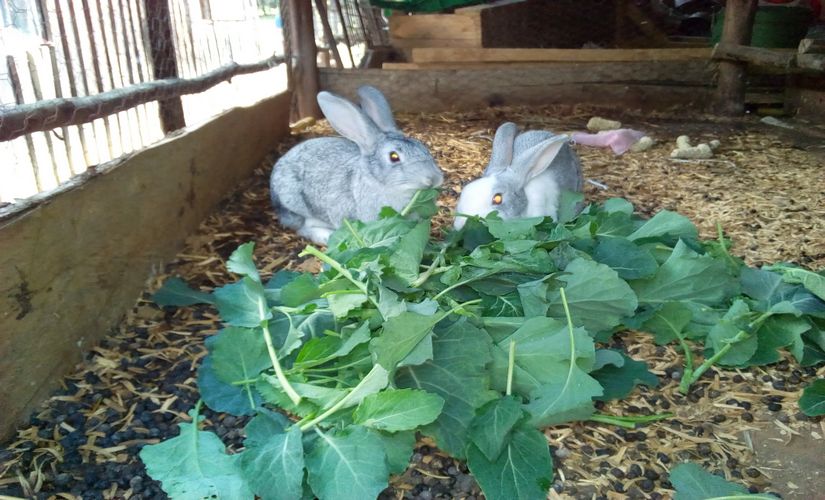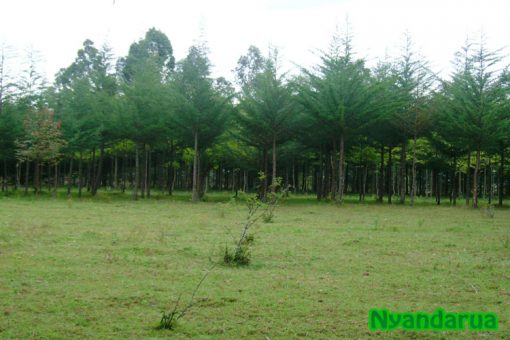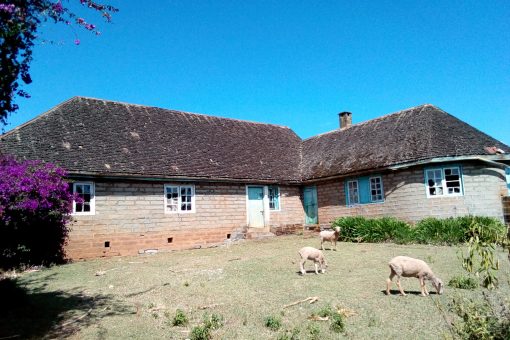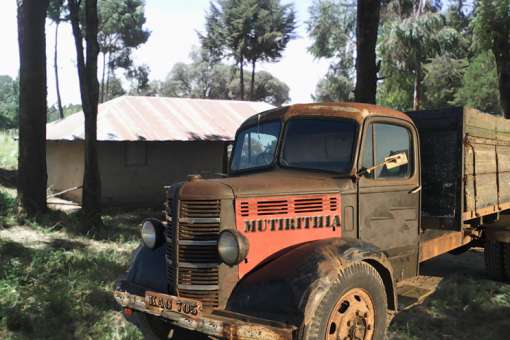After phasing out cash crops from our massive farm, we concentrated on subsistence farming, growing only food crops for our family consumption. And consuming we did. Nothing from our farm was for sale, so we tried to eat as much of it as our stomachs could hold and what we did not eat, our animals ate. The troughs (miharati) at the milking shed (njooku) were filled with freshly cut sukuma wiki, spinach, cabbage and other vegetables that were likely to rot in the farm if not harvested immediately. We finely chopped carrots, pumpkins, potatoes and all the hard vegetables that the cows would likely choke on.
That was farming in Nyandarua. Expansive, beautiful, fertile farmlands with condusive weather that produced bumper harvests, yet, no market for any of it. As we chopped the produce for the cows, we heard on the radio about people who were starving in Ukambani and other drought striken parts of the country. The government’s solution was to import some yellow maize (gathirikari) from Europe and America to feed its’ starving citizens. We heard of District Commissioners being praised for presiding over the distribution of 2Kg maize handouts to families in those Districts. Those were big events that made national news. Yet, nobody talked about our Nyandarua produce that was going to waste. The 2Kgs of maize they were giving to starving families was less than what we fed our chickens every morning. We scattered the maize on the ground outside, not knowing if the chickens will eat it all up or not, but that did not matter because there was more where that came from.
We were young but those situations did not make any sense to us. We did not know who had failed, but we definitely felt there was a breakdown in our country that needed fixing. It felt immoral to have so much food going to waste yet there were starving people in our country. How could that be? Well, that is how things were back then, and not much has changed either. The markets for Nyandarua produce are not what they should be. The farmers still get exploited by crafty middlemen who take advantage of this market gap. Maybe a group of compassionate well connected Nyandaruans (and they are many) who witnessed this travesty done to our Pioneer Parents, will put their heart and soul into finding lasting solutions to this problem, ending it once and for all.




